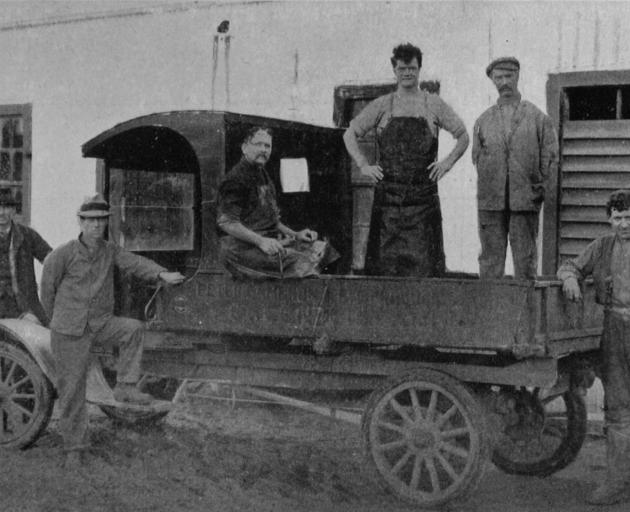
It would be an absolute waste of money. They were entitled to congratulate themselves on the amount of work the societies had done. The public might not fully appreciate the amount of unselfish work that had been done, but letters that they had received from soldiers were their reward.
He was satisfied that the work would continue for several years. His own opinion was that every penny would be wanted. In the vast majority of cases the men had settled down to their work. There was a small minority of irresponsibles.
There were, however, a number of totally disabled for whom they must do everything possible. The same with partially-disabled men. The board also discussed the problem dealing with returned soldiers who are really not responsible for their actions.
General Richardson said that in cases where men were wasters before the war, the civil machinery should be put into operation. In other cases, he thought a sub-committee should be set up to get in touch with farmers and others in districts far away from where the men could get a drink.
There were plenty of farmers who would be willing to take men into their service. General M'Gavin said that military hospitals should take inebriate cases just as neurasthenic cases were treated at Hanmer. The board decided to send a circular to all relief associations asking them to supply information regarding the names and numbers of men who are considered to be not responsible. The information is to be for the benefit of the board, the Repatriation Department, and the Government.
All the 'burns' listed
A map of Otago, compiled in 1864, and displayed at the Land Office, shows that at that time there were 18 streams with names terminating with ''burn'', practically all on the upper watershed of the Taieri River.
The names noted are:- Manorburn, Idaburn, Poolburn, Gimmerburn, Wedderburn, Eweburn, Hogburn, Sowburn, Stotburn, Pigburn, Swinburn, Kyeburn, Capburn, Houndburn, Mareburn, Horseburn, Fillyburn, and Scrubburn. The major portion of these names are now rarely heard, either having fallen into disuse or been replaced by others.
Moonlight men honoured
On October 3 the residents of the remote inland district of Moonlight Flat assembled in large numbers to do honour to the local men who had returned from foreign shores and who had risked life and health for King and country.
The local schoolroom was prettily decorated, and the words ''Welcome Home'', which greeted the eye of the audience, expressed the happy feelings of all those present. Mr George Clark, chairman of the Waihemo County Council, ably presided over the gathering.
The array of stalwarts on the stage platform gathered, not to answer the roll call, but to receive the grateful decoration of the gold medal, was a most interesting sight. The honour of pinning the medal on the breast of each soldier was given to Mrs I. Roy, wife of one of the local residents and ex-school teacher of the district.
- ODT, 10.10.1919
COPIES OF PICTURE AVAILABLE FROM ODT FRONT OFFICE, LOWER STUART ST, OR WWW.OTAGOIMAGES.CO.NZ












